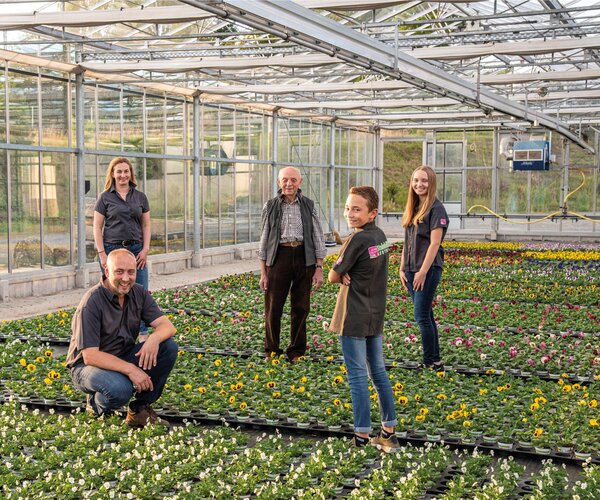
Courage is rewarded - plant strengthening instead of pesticides
Since January 2019, the Steinhilber nursery in Neustadt an der Waldnaab in Bavaria has been working consistently without pesticides. Changes in crop management, the use of beneficial organisms and the Multikraft biostimulant are crucial to success.

It is often the small moments in life that trigger a big change. For the Steinhilber nursery, this trigger - as is so often the case with sustainability issues - was their own children. Master gardener Reinhard Steinhilber remembers: ‘Our children grew up in the family business. And because small children touch everything, including the plants in the greenhouse, the moment came when I had to say: ‘Don't touch, the plants are all freshly sprayed’!’ Back then, harmful pesticides were still being used. ‘We have to get away from chemicals,’ was his firm decision.
Today, plants as well as customers and employees benefit from chemical-free production. Master gardener Reinhard Steinhilber and business economist Christa Steinhilber produce a wide range of seasonal plants in energy-efficient greenhouses on around 8,000 square metres in a resource-conserving manner. They use rainwater for irrigation and have been using beneficial organisms for pest control for years.
It is often the small moments in life that trigger a big change. For the Steinhilber nursery, this trigger - as is so often the case with sustainability issues - was their own children. Master gardener Reinhard Steinhilber remembers: ‘Our children grew up in the family business. And because small children touch everything, including the plants in the greenhouse, the moment came when I had to say: ‘Don't touch, the plants are all freshly sprayed’!’ Back then, harmful pesticides were still being used. ‘We have to get away from chemicals,’ was his firm decision.
Today, plants as well as customers and employees benefit from chemical-free production. Master gardener Reinhard Steinhilber and business economist Christa Steinhilber produce a wide range of seasonal plants in energy-efficient greenhouses on around 8,000 square metres in a resource-conserving manner. They use rainwater for irrigation and have been using beneficial organisms for pest control for years.
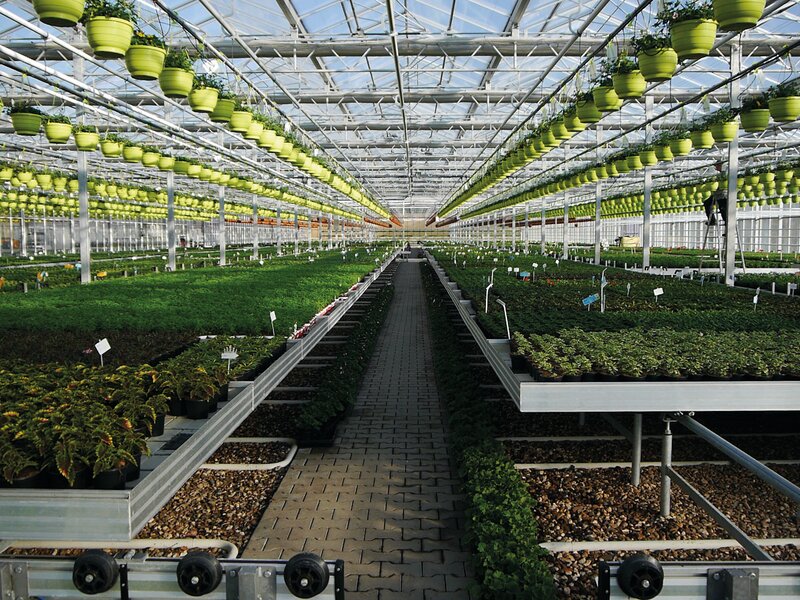
It pays off
Switching to pesticide-free cultivation was not easy at first. It took time, money and, above all, courage. "We keep our crops cooler and have more production space for the plants. Thanks to the good cooperation with Multikraft, we have continuously adapted the dosages to our needs. So the changeover went well. In the end, the changeover paid for itself through better prices and the satisfaction of our employees and customers,’ says Reinhard Steinhilber.
Soil and leaf reinforcement
One key to success lies in strengthening the soil and foliage of the plants. Young plants are given a welcome cocktail with Multikraft biostimulants. The irrigation water permanently contains MK Soil and Terrafert Soil. The weekly leaf strengthening is carried out with MK Leaf and Terrafert Leaf as basic components. The plant strengthening agents from Multikraft are used in different doses for all crops. "As a result, the upper leaf layer of the plants is stronger and their flowering colour is more intense. We have also removed all chemical stunting agents from the farm,’ reports Reinhard Steinhilber happily.
Healthier plants, less work
The results speak for themselves: the plants are healthier and the infestation pressure with aphids is significantly lower, as is rot formation. "Each plant is strengthened so that an infestation doesn't occur in the first place. The changeover also pays for itself because we no longer have to deal with plucking yellow leaves,’ explains Reinhard Steinhilber: ’It's a lesson if a crop is not saleable during the changeover phase. We have remained consistent and that's how you manage it. The most important thing is that the entire company supports the changeover. We are 100% behind it and it's worth it."
The Steinhilber nursery is impressive proof that courage and determination are rewarded. Their example shows that pesticide-free cultivation is not only ecologically sensible, but can also be economically successful.
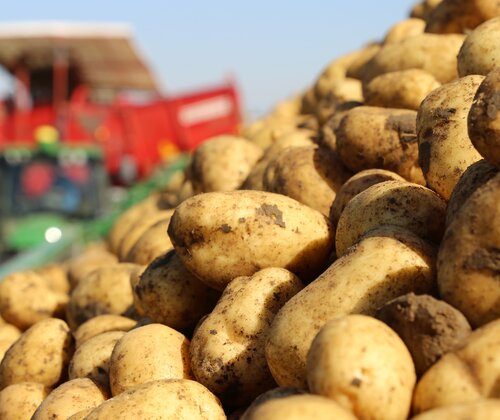
Kurt Kirchmayr from Pupping is a founding member of the Eferdinger Landl potato/vegetable group, which acts as a direct supplier for Billa, Spar and Hofer. They cannot afford crop failures. He has been successfully experimenting with the Multikraft system on his potato fields for two years. The 2023 season brought a harvest increase of around 4.5 tonnes per hectare - an impressive increase of around ten per cent.
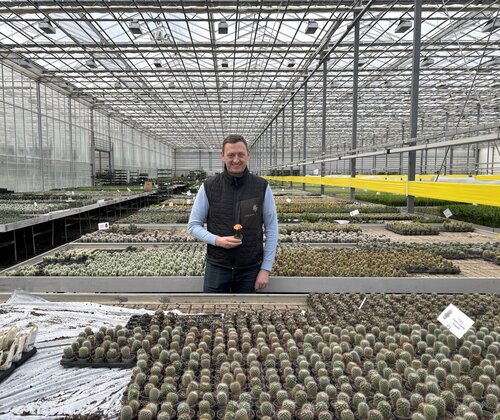
MK Start is used for potting at the Lundager nursery in Denmark. The loss rate of 0 % speaks for compact, strong plants that are able to defend themselves against fungal diseases.
The Lundager nursery in Odense is one of the best addresses for small ornamental plants in Denmark. Ove and his wife Olga run the business, which is constantly growing and supplies garden centres throughout Europe with its products. Preventive plant health is particularly important in glasshouses, because otherwise the plants can hardly protect themselves against fungal infestation and other diseases.
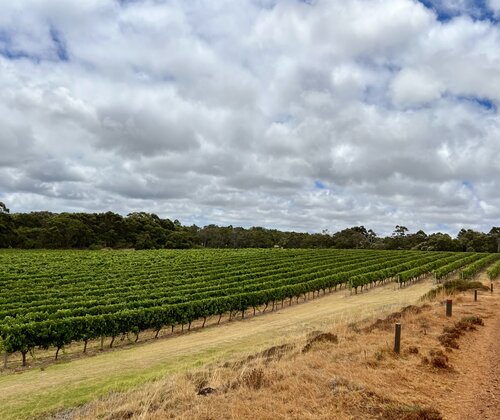
Conor O'Brien, CEO of Multikraft Probiotics Australia, shares impressive results: The use of Multikraft's biostimulants has resulted in yield increases of up to 35 per cent. This innovation not only improved quality, but also enabled a drastic reduction in the use of fungicides and pesticides on the cultivation areas.
Multikraft has been represented in Australia since 2014. Conor O'Brien is particularly proud of the successful development in Margaret River in the south-west of Western Australia - one of the youngest wine regions in the world, which has achieved international recognition in record time. Multikraft looks after a large number of winegrowers there, including Cherubino Vineyards, Australia's most award-winning winery.
